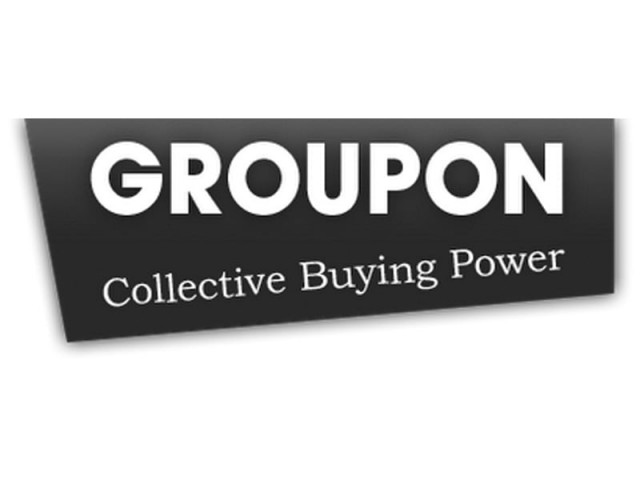Groupon: The awesome power of collective
The startup which many doubted would survive, is big enough to say no to Google.

Groupon, if you still haven’t heard, is an innovative, collective bargaining site of sorts that just announced plans for an IPO. Groupon allows customers to purchase products such as a diving excursion, electronic gadgets or anything for that matter, at genuinely deep discounts with a small catch: a certain minimum number of people must purchase the product for the discount to be redeemable, otherwise the deal falls through. The business is a resounding success and has generated some interesting discussions and analysis among analysts and amateurs alike.
Since Groupon discounts can only be redeemed if at least a certain number of customers purchase the product, it pushes the onus of marketing on the customers themselves. A customer may purchase a spa treatment at 50% off but the purchase only goes through if a 100 people make the same purchase. It goes without saying that the same customer will likely tell his friends and family due to the self-serving interest in doing so—getting a 50% discount. Plus, it’s more fun spending a day at the spa with a bunch of friends.
For businesses, the margins can often be very slim but it works out great anyway. Groupon pays the businesses immediately upon completion of the fire sale. A hundred spa treatment selling for $100 will generate or can generate $10,000 in one day which is great for a small business. This free cash flow not only provides some sense of security but it also allows businesses to plan ahead — possibly hire a few extra hands or plan some other cross-sells for the hundred customers expected in the following month. Nothing can be better than getting paid in advance and have the customers all lined up.
A lot of businesses have even taken to Groupon as loss-leaders. For a business just starting out, the marketing and publicity is more important than big profit margins. While advertising on billboards and in publications is great, it is hard to measure the exact impact of those advertisements and plan for the number of customers expected. But the Groupon model guarantees a fixed number customers and a fixed revenue from those customers within a set number of days. Publicity that generates cash flow and guarantees customers is even better than it sounds. Since the spa knows that a hundred customers will be walking in next month before their deal expires, they can plan for other cross-selling opportunities such as selling bath oils, towels and so forth. For this reason, eager startups will even sell at a loss and write it off as a marketing cost.
Groupon, a three-year old startup out of Chicago announced this past Thursday that it is intending to go public with a valuation of about $20 billion with an initial float of $750 million. The company generated $30 million in revenues in the first year and boasts 83 million subscribers across 43 countries. As recently as December, Groupon rejected a $6 billion takeover bid from Google.
The writer heads Online Strategy and Development at Express Media and can be contacted at aleem.bawany@express.com.pk
Published in The Express Tribune, June 27th, 2011.



















COMMENTS
Comments are moderated and generally will be posted if they are on-topic and not abusive.
For more information, please see our Comments FAQ